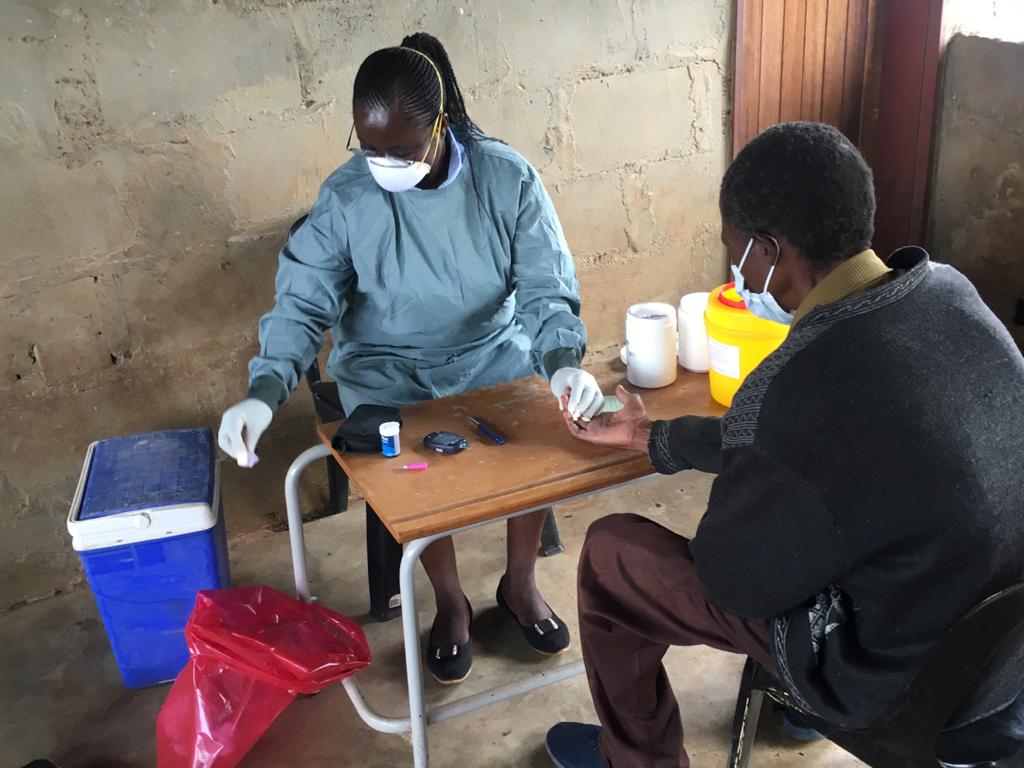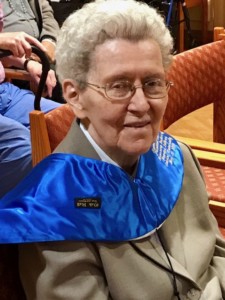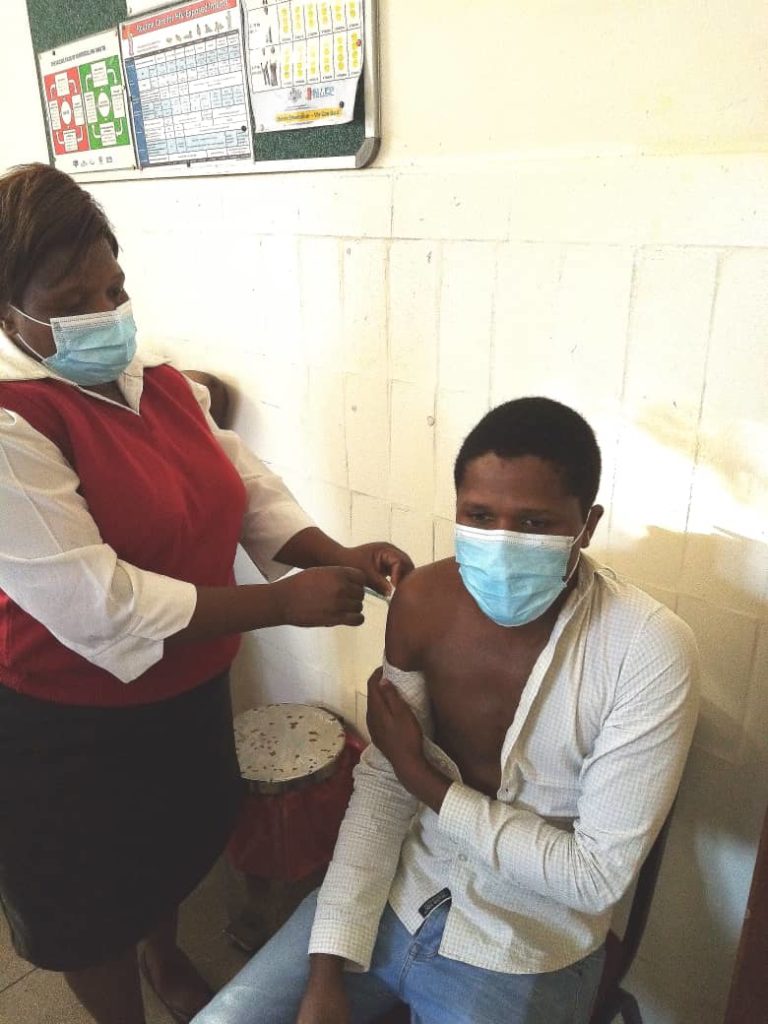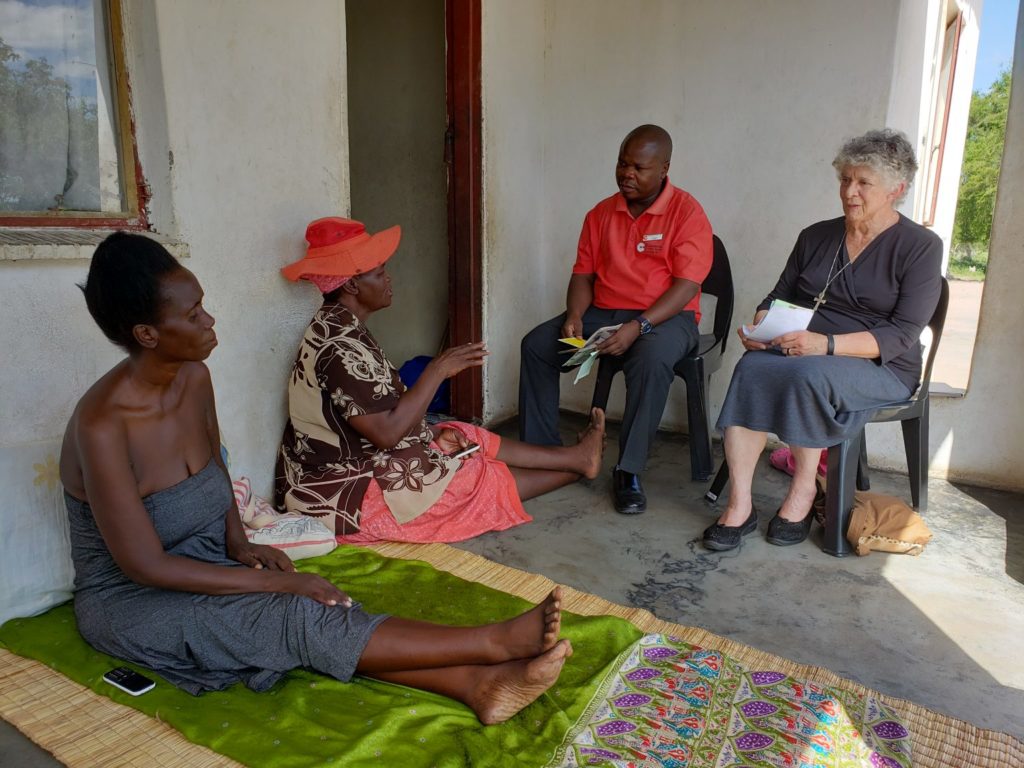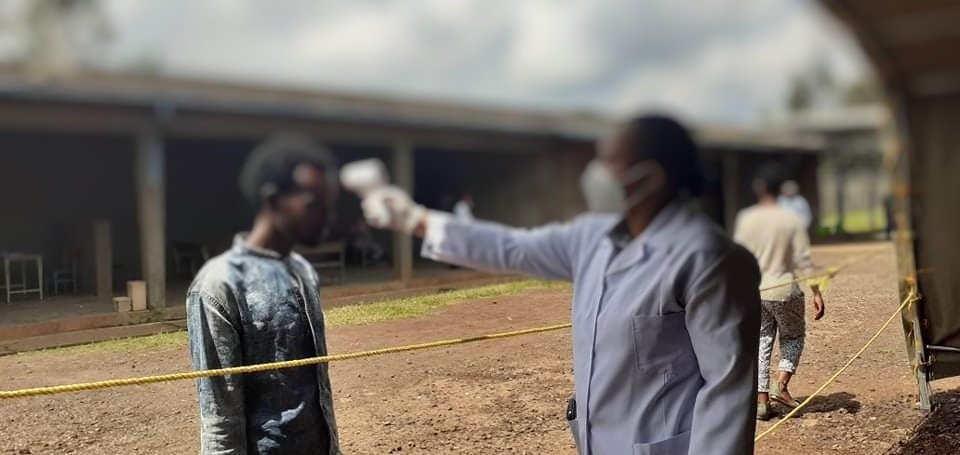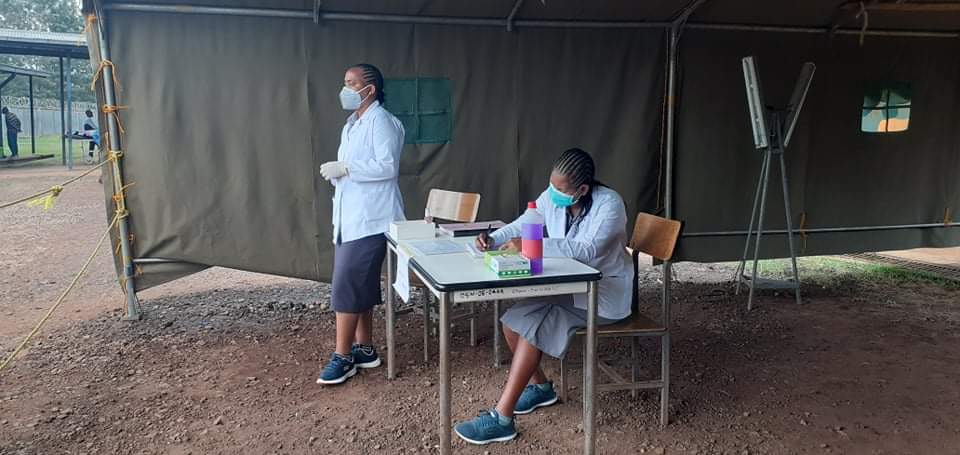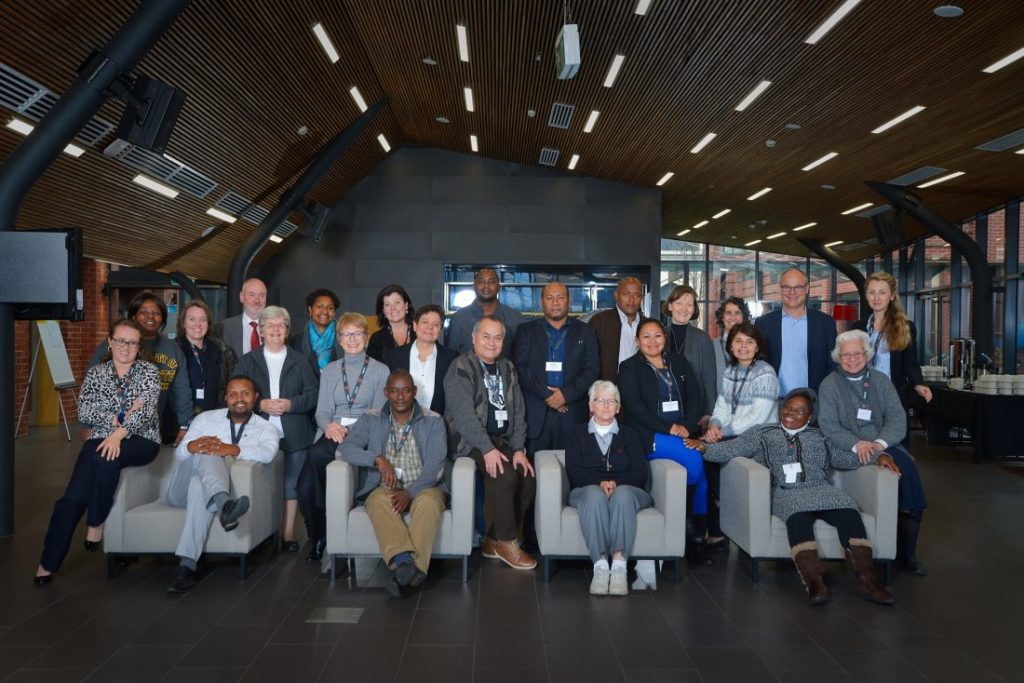Equity and Equality, Why Our Health Ministry is Important in the World Today
It is an unacceptable fact that some people in our world are able to live healthier lives and have better access to health services than others due entirely to the conditions in which they are born, grow, live, work and age.
In 2015, the Sustainable Development Agenda was launched with the goals of ending poverty, protecting the planet and improving the lives and prospects of everyone, everywhere by 2030. The 17 Sustainable Development Goals map the transformation of the financial, economic and political systems that are required to guarantee the human rights of all.
In the 5 years to 2019, some progress was made towards Sustainable Goal 3 “to ensure healthy lives and promote well-being for all at all ages”. However, as a result of the pandemic, we have witnessed unprecedented spreading of human suffering as the lives of billions of people were upended and world economies were destabilised. More people than ever were pushed into poverty and food insecurity. Gender, social and health inequities were amplified. Many health systems were overwhelmed. Instead of making further progress, the pandemic has threatened the global health outcomes that had already been achieved.
Building a fairer, healthier world – the theme for World Health Day on 7 April – seems both more urgent and more challenging than ever. How are we contributing to the achievement of this goal?
Our Contribution to Building A Fairer and Healthier World, Thinking Globally and Acting Locally
While historically healthcare systems have been designed around clinicians, today community engagement is increasingly being recognised as an important and integral process to improve health equity and achieve universal health coverage. My research and observation lead me to believe the Sisters implicitly understand the importance of community engagement. Although I have never been to Argentina, I have had the opportunity to visit Eswatini and Ethiopia several times and was part of the external assessment team for the two health services in Guatemala a little more than a year ago. In each of these realities, the Sisters and staff live alongside the people they care for. They know their families and their stories, listen to their hopes and dreams, celebrate and mourn with them. Being close to the people is the best way to earn community trust, which is the cornerstone of community engagement.
The goal of community engagement is to ensure the services being delivered meet a real need in the community. Here I have an echo of Sr Regina Casey’s voice in my ear, asking “But is this service what the community needs?”. There is no doubt in my mind that for each of our health missions, the answer is a resounding “yes”. In each case, they are the only service provider in the community, or offering much needed specialist services, and without them, access to care would be much more difficult. The fact that their program offerings have changed over time is strong evidence of their alignment to changing community need.
Our Commitment to Human Dignity and to Serving the Whole Person
The Sustainable Development Goals recognise the complex interplay of factors and opportunities involved in good health and wellbeing. This principle is exemplified in the programs co-located with or sponsored by our health services that provide access to fresh water, nourishing food, emotional and spiritual care, education, recreation and/or work opportunities. We can see this wisdom repeated on a larger scale when we look across the variety of the ministries the Sisters have established and operate today around the world.
One of the roles of the International Health Commission is to support the health missions to improve the quality of the services they offer. The desire to provide quality care, despite the real challenges each service faces, reflects an unwavering commitment to human dignity. Every person, no matter their circumstance, deserves respect and the best possible health care.
Although our health footprint is small, it is making a real difference to the lives of the people we serve. I think we can be proud of our contribution to building a fairer, healthier world.

